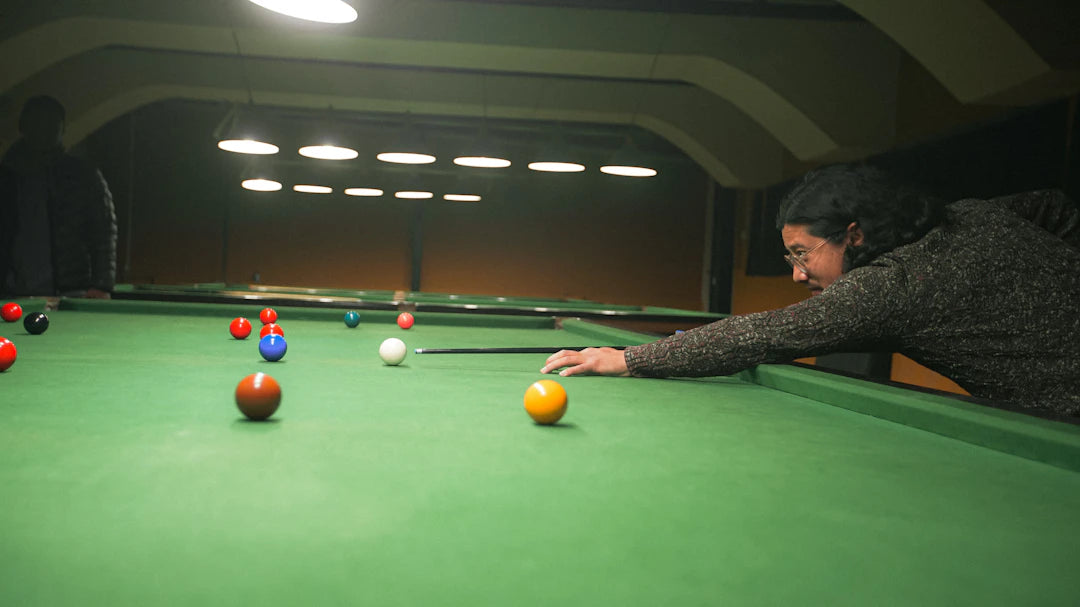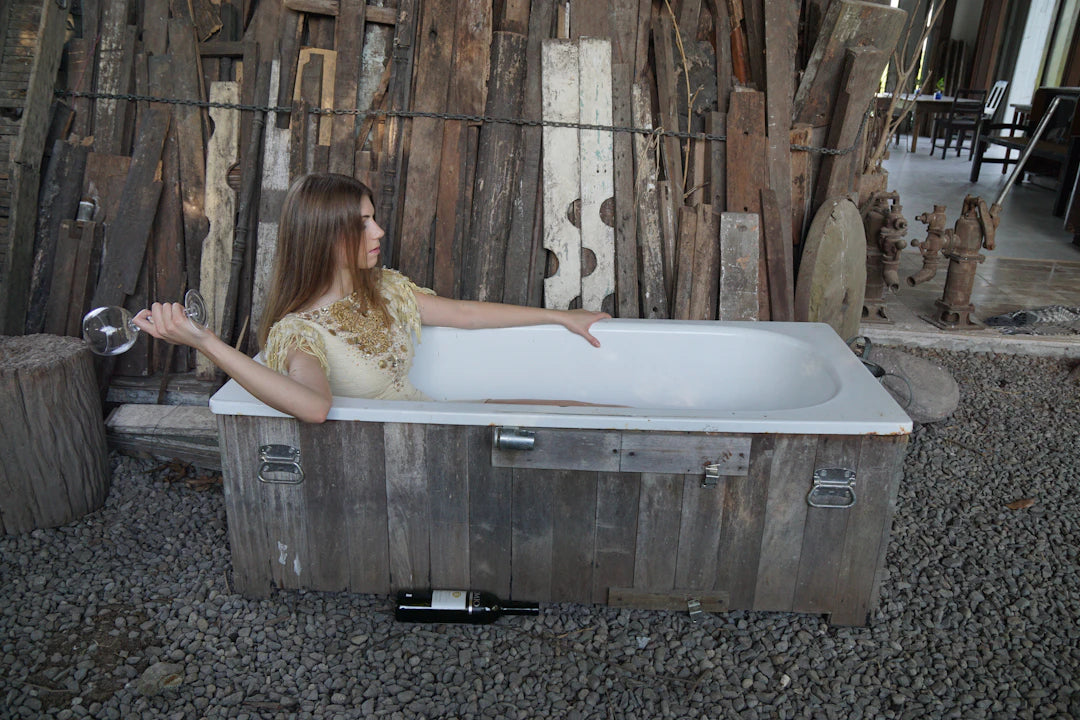Overview
This blog provides a comprehensive guide to organizing a successful pool tournament, covering essential topics such as choosing the right tournament format, setting up a suitable venue, crafting clear rules, promoting the event, managing tournament day operations, and recognizing winners. It emphasizes the importance of community building through these events, encouraging ongoing engagement and participation.
Frequently Asked Questions
1. What are the different types of pool tournament formats?
2. How do I choose the right venue for my pool tournament?
3. What rules should I set for the pool tournament?
4. How can I effectively promote my pool tournament?
5. What should I do on the day of the tournament to ensure a smooth operation?
Pool is a game that brings people together. Whether you’re a seasoned player or a casual enthusiast, hosting a pool table tournament can be an exciting way to engage your community and showcase your skills. From choosing the right venue to setting the rules, this guide will provide you with everything you need to know to organize a successful pool tournament. Let’s dive into the world of competitive fun!
Understanding the Basics of Pool Tournaments
Before diving into the nitty-gritty of organizing a tournament, it's essential to understand what makes pool competitions tick. Tournaments can vary significantly in format and style, depending on the type of players you are catering to.
Types of Tournaments
There are several popular formats for pool tournaments:
- Single Elimination: Players are eliminated after losing a match, continuing until just one winner remains.
- Double Elimination: Players have to lose twice before being eliminated, allowing for a second chance.
- Round Robin: Each player plays against all other participants, with wins accumulating to determine the overall champion.
Each format has its strengths and can cater to different numbers of participants and levels of competition. Consider your audience and goals when choosing a format.
Setting Up the Perfect Venue
The venue for your tournament plays a crucial role in its success. Here are some tips for choosing an ideal location:
Choosing the Right Space
Look for venues that offer enough space for players, spectators, and multiple tables if possible. Some excellent venues include:
- Local bars with pool tables
- Community centers
- Sports clubs
- Game lounges
Make sure the space is easily accessible and provides essential amenities such as restrooms, parking, and refreshments.
Ambiance and Equipment
The atmosphere can make or break your tournament. Consider the following:
- Good lighting over the pool tables
- Comfortable seating for spectators
- Sound system for announcements and music
- Food and drink options to keep players refueled
Crafting the Rules of the Game
Every tournament needs a clear set of rules to ensure fair play and a smooth experience. Outline your rules thoroughly, keeping in mind the following:
Standard Rules
Decide on the game format (for example, eight-ball, nine-ball, etc.) and set the rules based on that format. If you’re unsure, refer to official governing bodies like the Billiard Congress of America or the World Pool-Billiard Association.
Time Limits and Matches
Set time limits for matches to ensure that the event runs on schedule. Common practice is to allow 30 minutes to 1 hour per match, with additional time for any tie-breakers.
Registration and Fees
Determine how players will register for the tournament. You might set a fee for participation to help cover costs and provide prizes. Here’s a simple registration process:
- Online pre-registration form
- In-person sign-ups at the venue
- Provide a clear deadline for registration
Promoting Your Tournament
Once you have the venue and format sorted out, it’s time to spread the word! Here are some effective marketing strategies:
Utilizing Social Media
Social media is a powerful tool for reaching potential participants. Create event pages, share updates, and encourage shares by:
- Posting engaging visuals and videos
- Using relevant hashtags to reach a wider audience
- Creating an event-specific group for participants
Local Partnerships
Collaborate with local businesses or pool clubs. They may be willing to promote your tournament through their platforms in exchange for sponsorship opportunities.
Community Boards and Flyers
Don’t underestimate the power of good old-fashioned flyers. Post them in community centers, colleges, and local cafes. Create a buzz in your area and attract local talent to your tournament!
Day-of Tournament Operations
On the day of the tournament, having a well-thought-out plan is critical. Here’s a checklist to follow:
Set Up the Venue
Arrive early to set up the tables and any additional equipment. Ensure that:
- Tables are marked for each match
- Seating areas are organized for players and spectators
- Refreshment stands are stocked
Check-In Process
Have a designated area for player check-in. This keeps everything organized and ensures you have the correct participant list. Provide players with:
- Name badges or wristbands
- Match schedules
- Rules and info packet
Managing Matches
Designate a tournament director (or multiple if needed) to oversee matches, enforce rules, and make announcements. This person will be vital in keeping everything moving smoothly and dealing with any disputes.
Awards and Recognition
Once the tournament has wrapped up, it’s time to celebrate the winners! Recognizing participants fosters community and encourages future participation.
Creating a Prize Pool
Prizes can be monetary or tangible items like trophies, medals, or gift cards. Whatever you choose should reflect the effort and skill of the players. Here are some ideas:
- Cash prizes for winners and runner-ups
- Trophies for top ranks
- Merchandise or vouchers for local businesses
Hosting a Closing Ceremony
Take a moment to acknowledge all participants during a closing ceremony. Share highlights of the tournament, present awards, and thank everyone for coming. This is a fantastic way to create a sense of camaraderie among local players.
Building Community Through Pool Tournaments
At the end of the day, the joy of hosting a pool tournament goes beyond competition. It’s about building relationships and community spirit. So, whether you’re aiming for bragging rights, fundraiser goals, or merely a good time, hosting a tournament can be one of the most rewarding experiences.
To maintain interest and encourage future events, consider creating a pool league or club where players can join regularly. Share results on social media and engage with your community by providing updates and organizing follow-up events.
By following this comprehensive guide, you’ll not only host a successful pool table tournament but also foster a vibrant community of players eager to compete again. So gather your friends, chalk up the cues, and get ready for an unforgettable experience!



